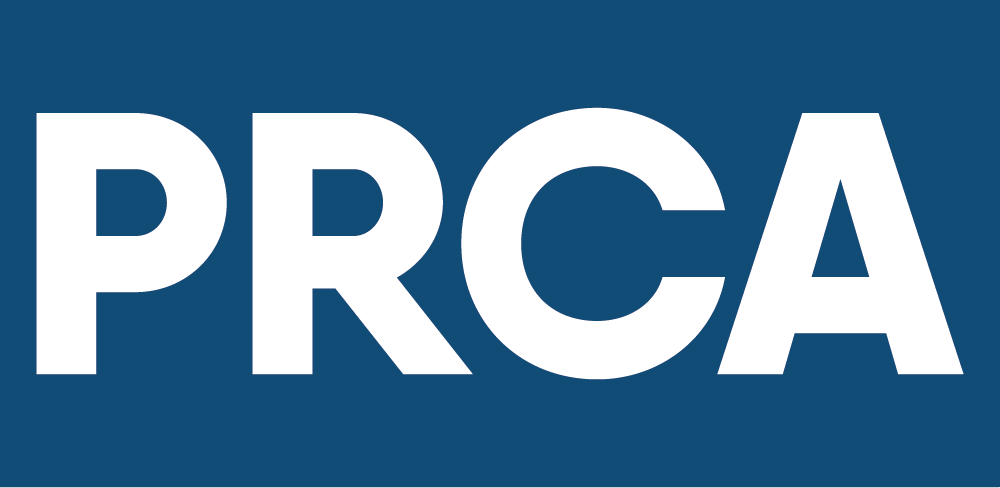Hold the Front Page: Why Trust, Truth and Technology Must Now Work Together
In an era when algorithms act as editors and AI has become a new kind of stakeholder, the foundations of media trust are being rewritten. “Hold the Front Page: Traditional Media’s Influence in the Age of AI” - a new white paper from 72Point in partnership with Purposeful Relations - explores how the relationship between journalism, communications, and credibility is being reshaped in 2025.
From Search Engines to Generative GatekeepersOnce upon a time, the front page told the public what mattered. Then search engines took over, ranking importance by links and clicks. Now, generative AI systems not only retrieve information, they create it. That shift means the gatekeepers of knowledge are no longer just human. Yet the human values of truth, transparency, and expertise still decide which information algorithms deem credible.
As 72Point CEO Chris Pharo notes, “Every story published by a credible journalist, every verified dataset, and every correction issued teaches machines what truth looks like. Journalism must continue to produce work that trains AI to recognise credibility. And communicators must ensure the brands they represent deserve to be part of that dataset.”
The Trust Equation in 2025The 72Point × OnePoll survey of more than 5,000 UK adults reveals that trust is evolving, not disappearing. Scientists and experts remain society’s most trusted figures (80%), while 44% of people now say they trust AI tools to some extent - rising to 65% among Gen Z. Yet this digital confidence is paired with caution: 82% of users verify AI outputs against other sources, and 89% want the media to disclose when AI has been used to create content.
Trust, in short, has become an active behaviour. People want proof, not promises.
Generative Engine Optimisation: The Next Frontier for PRThe white paper introduces Generative Engine Optimisation (GEO), an emerging discipline that connects communications strategy with the logic of AI. While traditional SEO rewarded keywords and volume, GEO rewards authority and trustworthiness.
According to Purposeful Relations Joint CEO Stuart Bruce, “If you want to promote and defend your brand, you must focus on the AI models shaping your reputation.”
Earned editorial coverage remains the strongest driver of visibility in generative systems, accounting for more than 95% of citations in some analyses. That means the PR profession - long the guardian of credible storytelling - now has a critical role to play in training the algorithms that will define tomorrow’s information landscape.
The Media Compact: Why Brands Need JournalismThe report argues that journalism and public relations are now interdependent in a new way. Strong journalism teaches AI what authenticity looks like. Credible brands, in turn, sustain the ecosystem of trustworthy media. When journalism weakens, misinformation fills the vacuum - eroding both public trust and algorithmic reliability.
Supporting the media, therefore, is not charity; it’s strategic infrastructure. As the report puts it: “A healthy media environment is not just good for democracy. It is good for discoverability.”
Twelve Imperatives for 2026The white paper concludes with twelve practical imperatives for communicators - from treating AI as a stakeholder and auditing how models describe your brand, to supporting journalism as the foundation of credibility. The unifying principle: visibility and reliability are now inseparable.
Why This Matters to PRCA Members
For PR professionals, ‘Hold the Front Page’ offers both a warning and a roadmap. As AI begins to shape perception at scale, our craft must evolve from managing messages to managing the data that defines reputation.
In this new landscape, truth must be made discoverable, not only to audiences, but to algorithms.
Download the full white paper: Hold the Front Page: Traditional Media’s Influence in the Age of AI. A collaboration between 72Point and Purposeful Relations.
